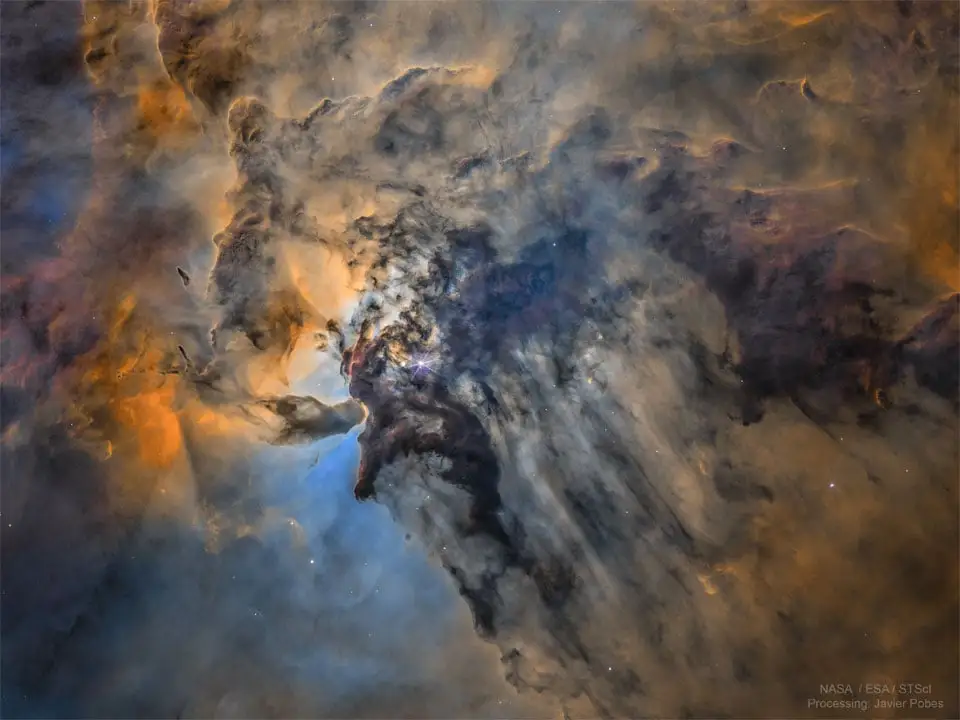I wish this wold get as much coverage as a giant orange traitor. The world would be a better place
Space
Share & discuss informative content on: Astrophysics, Cosmology, Space Exploration, Planetary Science and Astrobiology.
Rules
- Be respectful and inclusive.
- No harassment, hate speech, or trolling.
- Engage in constructive discussions.
- Share relevant content.
- Follow guidelines and moderators' instructions.
- Use appropriate language and tone.
- Report violations.
- Foster a continuous learning environment.
Picture of the Day
 The Busy Center of the Lagoon Nebula
The Busy Center of the Lagoon Nebula
Related Communities
🔭 Science
- !astronomy@mander.xyz
- !curiosityrover@lemmy.world
- !earthscience@mander.xyz
- !esa@feddit.nl
- !nasa@lemmy.world
- !perseverancerover@lemmy.world
- !physics@mander.xyz
- !space@beehaw.org
- !space@lemmy.world
🚀 Engineering
🌌 Art and Photography
Other Cool Links
Ah shit, here come the Dyson spheres.
This is absolutely nuts. We really need a better name for these than "planets".
Gigatoid or Megatoid (like meteroid, asteroid and planetoid) would be easy to understand and cool
This is amazing. But also, how do we know they are not in orbit? Don't you have to observe something for a long time to know that?
My knowledge of astrophysics is nearly null but my guess would be based on its size and hypothetical mass scientists would know how massive a celestial body would have to be in order for the rogue planets to be trapped by its gravity and if there aren't any bodies of that size in the vicinity then they can conclude they are rogue.
I could be 100% wrong though.
